Mid-Year Federal Cannabis Policy Update: DEA Rescheduling, the Trump Administration & Proposed Legislation

DEA Rescheduling Hearing Postponed Indefinitely As we’ve previously discussed, during President Biden’s term, he requested that his cabinet conduct an administrative review of cannabis’s classification under federal law. As required by the federal Controlled Substances Act (CSA), the U.S. Health and Human Services (“HHS”) then conducted its own medical and scientific analysis, and recommended that cannabis be moved […]
Mid-Year Update on the Los Angeles Cannabis Industry
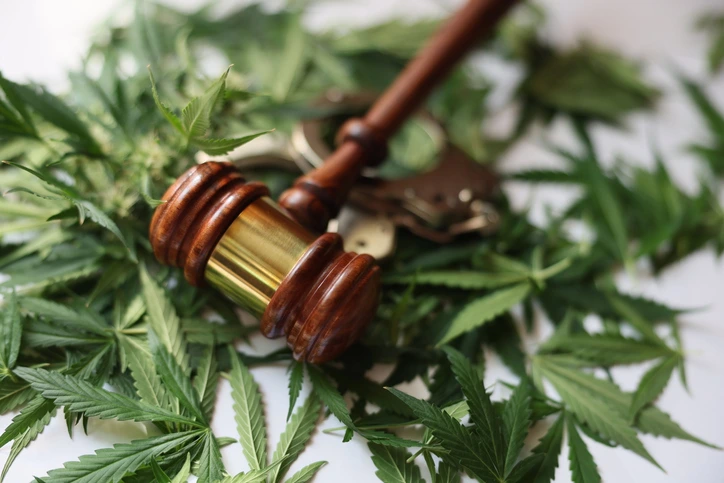
The cannabis industry in Los Angeles is at a critical crossroads. As the California Department of Cannabis Control (DCC) phases out provisional licenses through 2025—requiring operators to transition to annual licenses—LA businesses are also grappling with a host of systemic issues at the local level. This article examines the broader industry frustrations within the LA cannabis industry […]
Mid-Year Update on California Cannabis Bills: Marijuana and Hemp

Three significant and somewhat overlapping cannabis bills are currently moving their way through the California legislature. Read below for a comprehensive update. Three bills, AB 564, AB 8, and SB 378 represent three distinct yet interrelated legislative approaches aimed at stabilizing and regulating California’s struggling cannabis and hemp industries. AB 564 seeks to provide immediate financial […]
What is THCA?
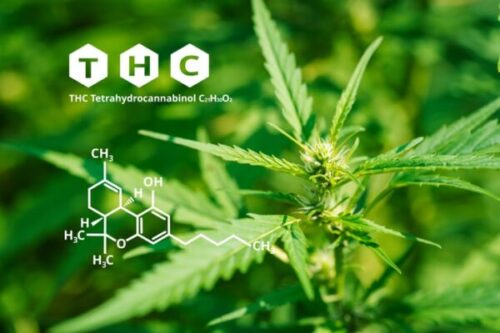
Tetrahydrocannabinolic acid (“THCA”) is a non-psychoactive cannabinoid that is found in all raw cannabis plants. THCA is the acid precursor to tetrahydrocannabinol (“THC”), the psychoactive component of cannabis, and is converted to THC through decarboxylation (heating). Historically, consumers use THCA, often raw in cannabis juice/smoothies, for health benefits, including as an anti-nausea, anti-inflammatory and anti-seizure […]
The Evolving Landscape of Hemp: Federal Uncertainty, California Crackdowns, and Nationwide Regulatory Shifts

While the future of federal marijuana rescheduling has been put on hold for the foreseeable future, federally legal hemp businesses continue to face a barrage of statewide restrictions. In this article, we explore the current state of hemp, taking a deep dive into the changes that are afoot within the Golden State and potentially, federally. […]
California 2025 Legislative Update

Proposed Cannabis, Hemp, and Psychedelic Legislation California’s current legislative session is now in full swing, bringing insight into the potential market shifts on the table for California’s cannabis, hemp, and psychedelic industries. February 21, 2025 was the deadline for lawmakers to introduce bills for the 2025 legislative cycle. No further legislation may now be proposed, […]
Los Angeles 2025 Licensing NEW Update
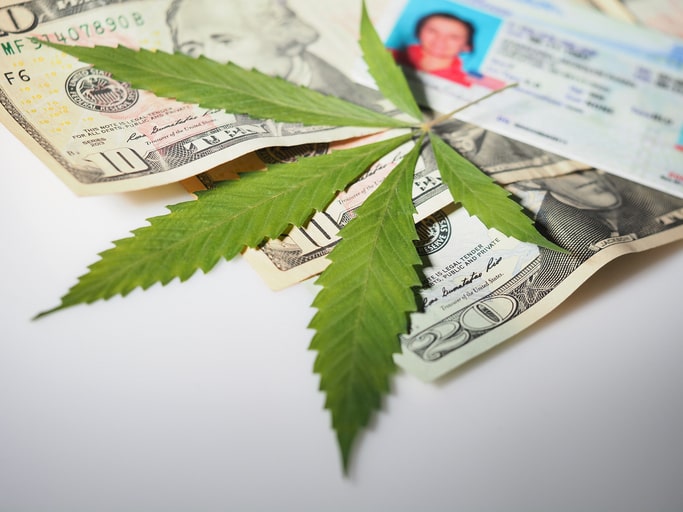
Additional DCR Fees Proposed, Licensing Opportunities, and Social Equity Extended With each new year, new regulatory and licensing changes impact the California cannabis industry. Recently, Los Angeles’ Department of Cannabis Regulation (DCR) has made several proposed policy changes that will impact the market in 2025. Below, we lay out these proposed policies, some of which will open […]
California Legalizes Cannabis Cafes, Creating New Market Opportunities

California Assembly Bill 1775 (AB 1775), signed into law by Governor Newsom last fall, just went into effect on January 1, 2025. Assemblymember Matt Haney of San Francisco introduced AB 1775 with the goal of creating Amsterdam-style cannabis cafes, stating, “Lots of people want to enjoy legal cannabis in the company of others…and many people want to do that […]
Colorado Psychedelic License Applications and Fees
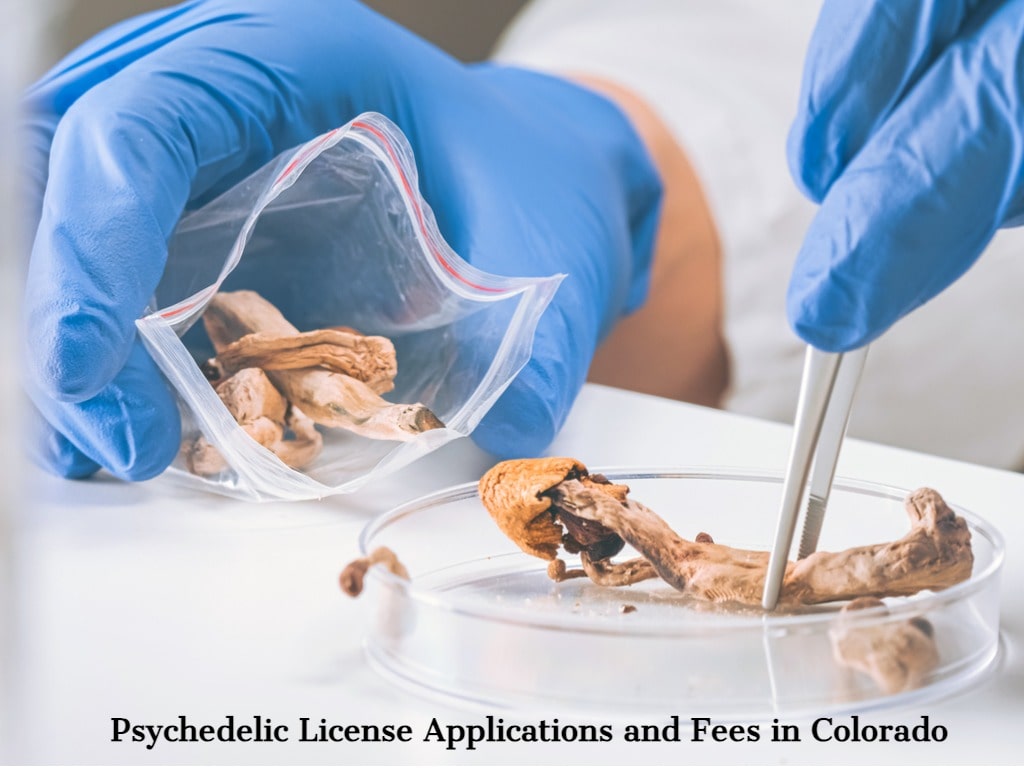
After months of rulemaking and anticipation, the State of Colorado is preparing to launch its regulated psychedelics program at the end of the year. The Natural Medicine Program (the Program) is regulated by Colorado’s Department of Revenue (DOR) and Department of Regulated Agencies (DORA). DOR oversees licensing and enforcement for natural medicine businesses, which includes healing centers, manufacturers, […]
DPH-24-005E-Emergency Regulations for Serving Size, Age, and Intoxicating Cannabinoids for Industrial Hemp
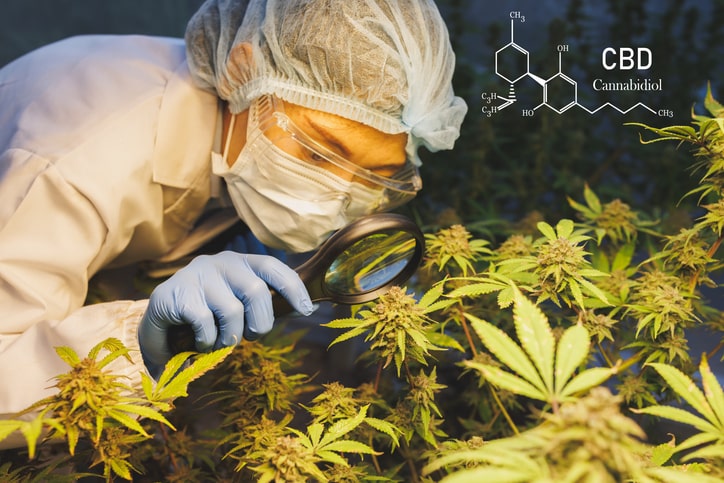
Since passage of the 2018 Farm Bill, hemp businesses in California operated nearly regulation free. Then, in 2021, California regulators passed AB45 requiring registration by hemp businesses with a low barrier for entry and compliance consistent with the Farm Bill. Over the past year, the California Legislature attempted several times to pass a bill that would regulate intoxicating […]
